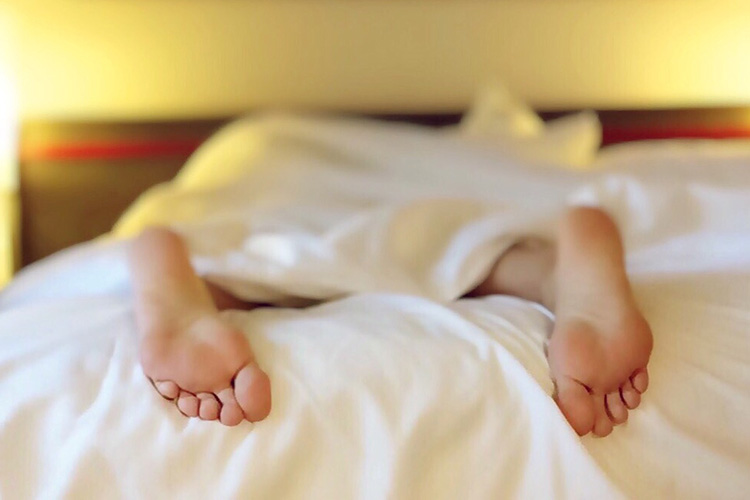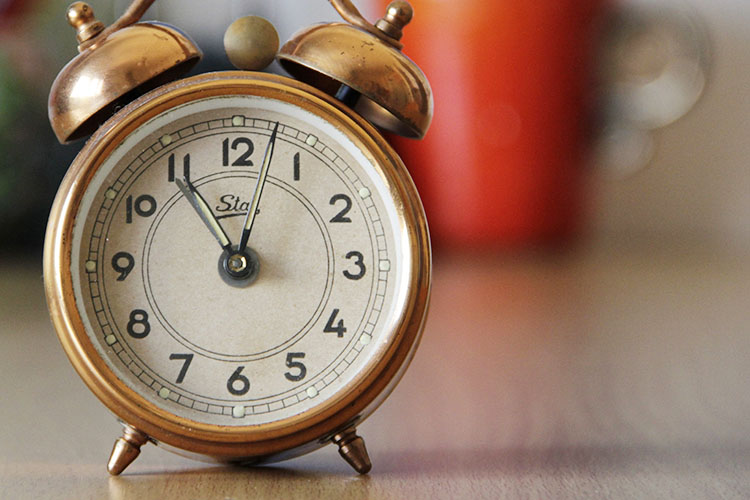Sleeping well
Having trouble sleeping? Are you worried about sleeping? You may be feeling stressed or overwhelmed, you may be studying too much and not having time to sleep and this can affect your energy levels.
Why sleep is important
Good quality sleep is a vital part of good health. Sleep allows the body and brain to recover from the physical and mental activities of the day.
Sleep Benefits:
-
Better mood and confidence
-
Better learning ability
-
Helps to reduce stress
-
Helps the immune system to fight bugs
-
Helps with memory
-
Reduces brain fog and reduces mistakes
-
Clearer eyesight
-
Helps muscles to recover from exercise
-
Helps with health - weight management

Restore your sleep balance.
How much sleep do you need?
Research suggests that adults need between 7-9 hours of sleep a night. The amount of sleep we need changes with our age.
Find out more about your sleep needs.
Going to sleep vs staying asleep
You may have one or both of these challenges; going to sleep or staying asleep. There are things you can do to help you with both of these issues.
Tips to help sleep
Get some exercise during the day; morning, afternoon or early evening are best. Not just before you go to bed.
Morning sun is the best for our brain.
Try allotting a specific "worry time", at least a few hours before bedtime. Get unresolved worries in check. In order to resolve worries, it often helps to write down options and discuss your worries with others. You can also practice Relaxation Techniques for Stress Relief.
Avoid caffeinated drinks, or too much fluid at or near bedtime. Take care with drinking coffee in the afternoon - it can interfere with sleep. Some foods can help sleep - banana, small pieces of protein such as chicken, turkey, fish. Some foods can also disturb sleep - chocolate, cheese, and high sugar foods.
Let your brain slow down before bed. Avoid screens (phones, computers, TV) at least an hour before bedtime. Screens give off blue light that replicates sunrise. This tricks our brain to think its morning. Download a blue light filter app that converts the blue light to an orange haze at sunset.
Or sleeping late, if at all possible.
Try to stick to it, ideally between 9pm and 11pm.
Allowing no more sleep than you need.
So that you can't check the time during the night.
Develop a standard ritual of preparation for bed (e.g. a comforting drink such as warm milk or herbal tea, having a hot shower or bath, (this raises the body temperature, inducing sleep as body temperature falls,) and changing into cosy pyjamas. Pay attention to the place in which you sleep, making sure your room is quiet, (ear plugs dulls noise,) smells pleasant, (lavender enhances the quality of sleep,) is dimly lit, (an eye mask blocks light,) and your bed is warm and comfortable.
Learn some simple stretching and breathing exercises which encourage sleep. Yoga classes are an option.
A multipurpose room has distractions which discourage sleep. Sex, reading relaxing books and listening to soothing music are the only exception to the non-distraction rule! Take your computer, current assignment, and television to another room, or make sure they are not within reach.
If you have been lying in bed for about half an hour and are becoming distressed, get up for a while, but avoid bright light, caffeine and any activities that might increase your alertness. Do something pleasant, but not energetic, in another room until you begin to feel tired.
Think of sleep coming to you and not you going to sleep. Be comfortable in bed, focus on your breathing, and allowing yourself to drift with “no mind.” If an important thought sneaks in, keep a pen and paper beside your bed and make a note of it so that you can let it go till the morning.
Keep going with your sleep routine, don’t be discouraged if that nothing has changed. It can take several weeks for a new routine to have an affect on your sleep patterns.
Things to help you sleep

Attributions
Image: Sleeping feet by Wokandapix. Retrieved from https://pixabay.com/photos/sleeping-tired-bed-feet-1159279/. Licensed under a Pixabay.com license.
Alarm clock by Juraj Varga. Retrieved from https://www.pexels.com/photo/alarm-alarm-clock-antique-bell-210528/. Licensed under a Pixabay.com license.

